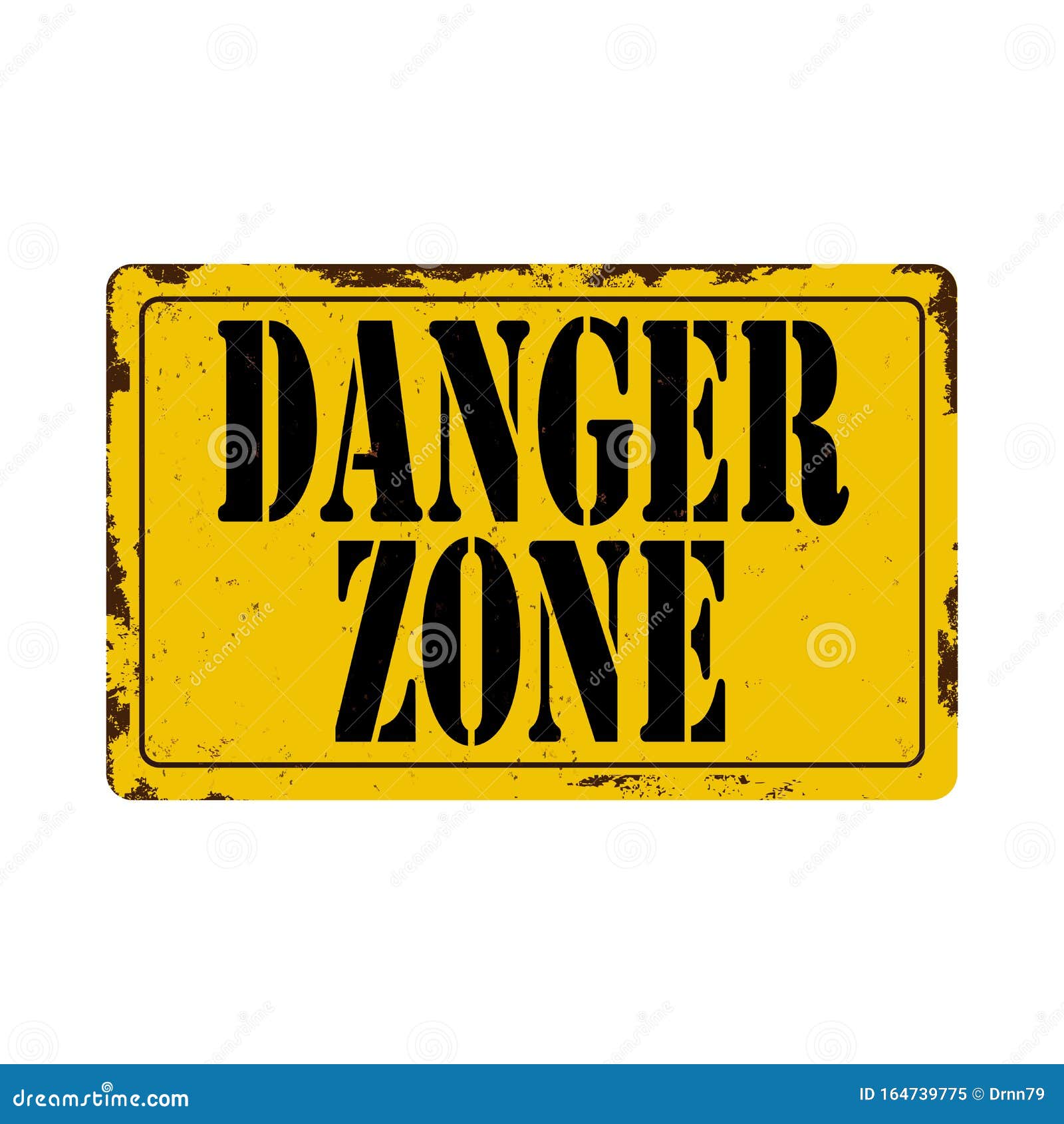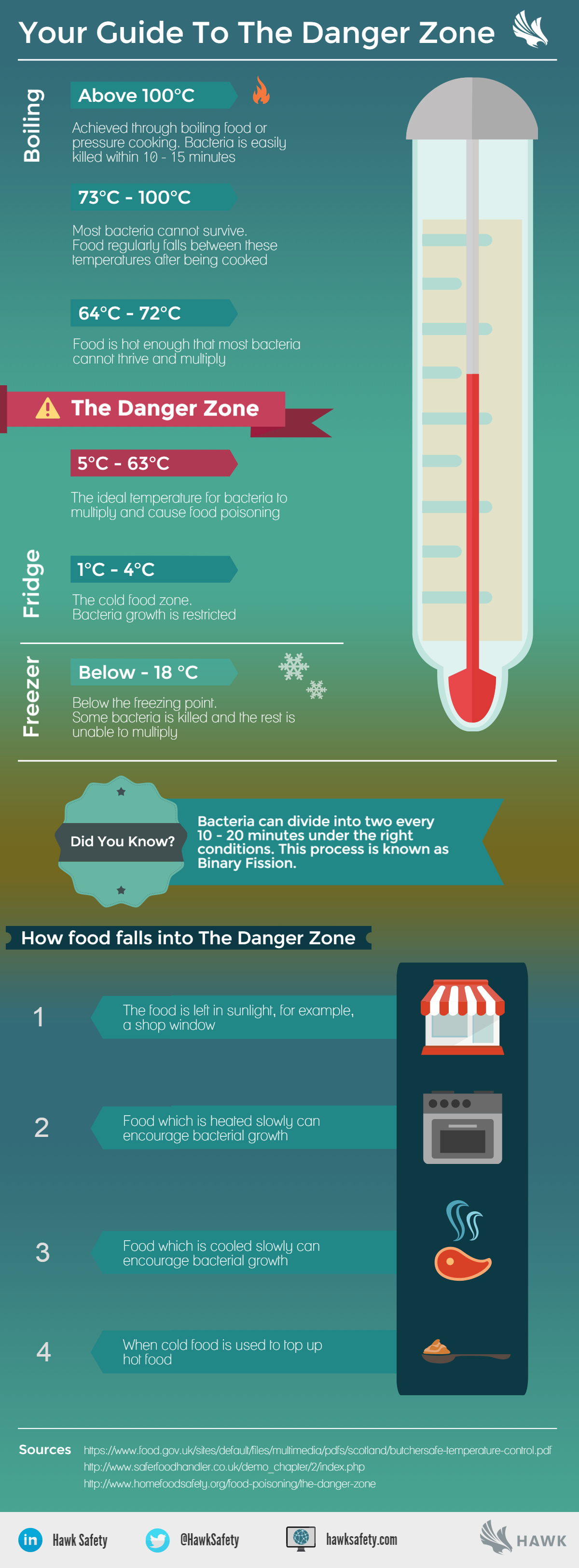

Is the case likely to come down to what “sufficiently completed” means? HLT: NPR reported that in its response to the suit, Paramount claimed that the film had been “sufficiently completed” by January 24, 2020, when the copyright returned to the Yonays. In the unlikely event that a given work became a hit, they or their families were supposed to get another bite at the apple - a chance to renegotiate the deal or even transfer to a different publisher that would pay them more for a proven work. Tushnet: The thought was that authors were disproportionately likely to be poor and lack bargaining power, and also to be vulnerable to exploitation by big companies. HLT: Why does copyright law allow for this? So, no matter what, Paramount still owns the original Top Gun and can show it. However, they cannot end the right of the transferee to continue to sell derivative works made before the termination. Tushnet: It’s called “termination of transfer,” and if the copyright owner or their heirs sends a termination notice in a specified time period, they can end the right of a transferee to continue to make copies or to make new “derivative works,” like a film based on a book or a further sequel. HLT: What does it mean for there to be a right to “recover” a copyright? How does that work?

Rebecca Tushnet: The modern Copyright Act allows individual authors to reclaim copyrights they have transferred 35 years after the transfer, with some exceptions. Harvard Law Today: How did Ehud Yonay’s heirs get the copyright to his original article back? Our biggest takeaway? The original “Top Gun” is safe, and this summer’s blockbuster sequel is not likely to have to leave the silver screen - even if Paramount has to pony up damages. Here, she discusses what copyright recovery is, why it exists, and what could happen next.

In an email interview, Rebecca Tushnet, the Frank Stanton Professor of the First Amendment at Harvard Law School and a copyright law expert, told Harvard Law Today that the suit’s success may come down to how much the studio tinkered with the film after 2020 - when the Yonays reobtained the rights. Paramount, for its part, has said the lawsuit is “without merit,” and that the studio had largely completed “Top Gun: Maverick” before the expiration of its license. Now, the pair have asked a federal court to stop the distribution of the film - or give them a portion of its profits.
DANGER ZONE LICENSE
More importantly, Yonay’s widow and son say that Paramount Pictures, which produced both films, failed to obtain the necessary license for this summer’s sequel.
DANGER ZONE MOVIE
In their suit, the heirs of Ehud Yonay, whose California magazine article inspired the films, claim that the movie rights returned to their family in 2020 in accordance with U.S. On Monday, “Top Gun: Maverick,” the long-awaited, action-packed sequel to the 1986 classic starring Tom Cruise, was slapped with a copyright infringement lawsuit - the same day the new film posted more than $557 million in global box office returns.


 0 kommentar(er)
0 kommentar(er)
